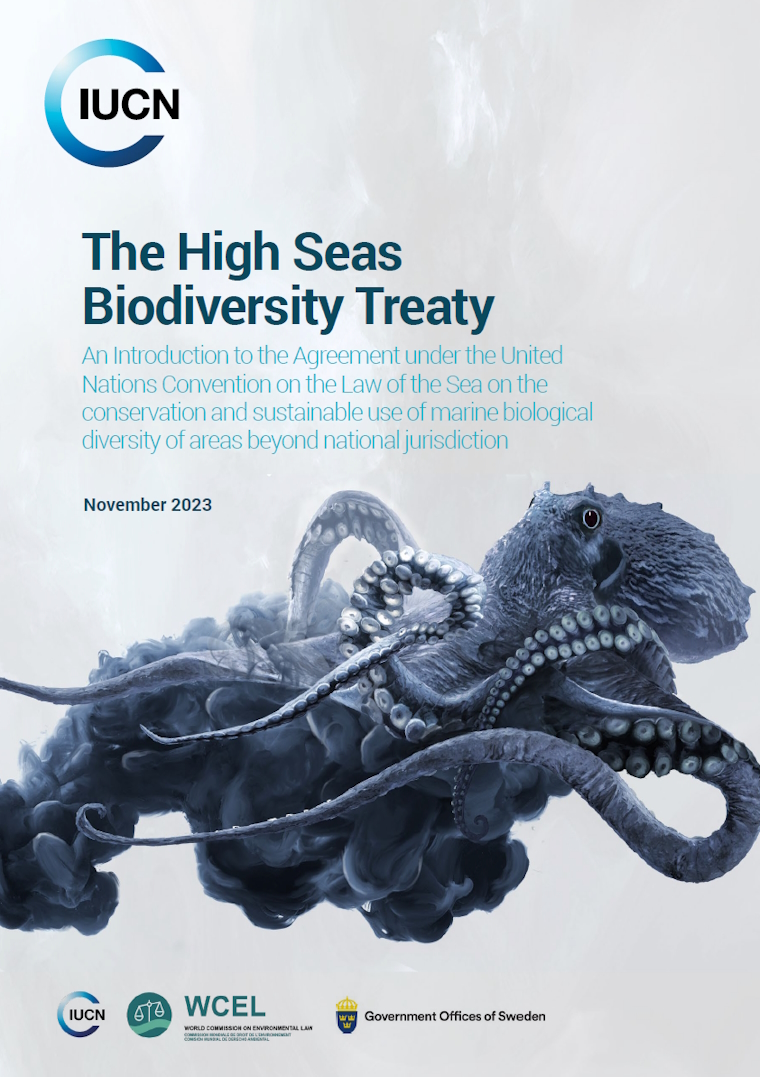Migratory monarch butterfly now Endangered - IUCN Red List
Gland, Switzerland, 21 July 2022 (IUCN) – The migratory monarch butterfly (Danaus plexippus plexippus), known for its spectacular annual journey of up to 4,000 kilometres across the Americas, has entered the IUCN Red List of Threatened SpeciesTM as Endangered, threatened by habitat destruction and climate change. All surviving sturgeon species – also migratory, found across the northern hemisphere – are now at risk of extinction due to dams and poaching, pushing the world’s most Critically Endangered group of animals yet closer to the brink. The tiger (Panthera tigris) has been reassessed, revealing new population figures.
The IUCN Red List now includes 147,517 species, of which 41,459 are threatened with extinction.
“Today’s Red List update highlights the fragility of nature’s wonders, such as the unique spectacle of monarch butterflies migrating across thousands of kilometres,” said Dr Bruno Oberle, IUCN Director General. “To preserve the rich diversity of nature we need effective, fairly governed protected and conserved areas, alongside decisive action to tackle climate change and restore ecosystems. In turn, conserving biodiversity supports communities by providing essential services such as food, water and sustainable jobs.”
The Endangered migratory monarch butterfly is a subspecies of the monarch butterfly (Danaus plexippus). The native population, known for its migrations from Mexico and California in the winter to summer breeding grounds throughout the United States and Canada, has shrunk by between 22% and 72% over the past decade. Legal and illegal logging and deforestation to make space for agriculture and urban development has already destroyed substantial areas of the butterflies’ winter shelter in Mexico and California, while pesticides and herbicides used in intensive agriculture across the range kill butterflies and milkweed, the host plant that the larvae of the monarch butterfly feed on.
Climate change has significantly impacted the migratory monarch butterfly and is a fast-growing threat; drought limits the growth of milkweed and increases the frequency of catastrophic wildfires, temperature extremes trigger earlier migrations before milkweed is available, while severe weather has killed millions of butterflies.
The western population is at greatest risk of extinction, having declined by an estimated 99.9%, from as many as 10 million to 1,914 butterflies between the 1980s and 2021. The larger eastern population also shrunk by 84% from 1996 to 2014. Concern remains as to whether enough butterflies survive to maintain the populations and prevent extinction.
“It is difficult to watch monarch butterflies and their extraordinary migration teeter on the edge of collapse, but there are signs of hope. So many people and organisations have come together to try and protect this butterfly and its habitats. From planting native milkweed and reducing pesticide use to supporting the protection of overwintering sites and contributing to community science, we all have a role to play in making sure this iconic insect makes a full recovery,” said Anna Walker, member of the IUCN SSC Butterfly and Moth Specialist Group and Species Survival Officer at the New Mexico BioPark Society, who led the monarch butterfly assessment.
The global sturgeon reassessment published today reveals that 100% of the world’s remaining 26 sturgeon species are now at risk of extinction, up from 85% in 2009. The assessments are based on refined calculations which show their decline over the past three generations to be steeper than previously thought. The Yangtze Sturgeon (Acipenser dabryanus) has moved from Critically Endangered to Extinct in the Wild, 17 species are now Critically Endangered, three are Endangered and five are Vulnerable on the IUCN Red List. The reassessment has also confirmed the extinction of the Chinese Paddlefish (Psephurus gladius).
Renowned for their size, with the Critically Endangered Beluga (Huso huso) growing up to eight metres and 1,700 kilograms, sturgeons have been overfished for their meat and caviar for centuries. Despite being protected under international law, poaching continues to affect more than half of these species; stronger enforcement of regulations on the illegal sale of sturgeon meat and caviar is critical to stop further declines. Dams affect all sturgeon species migrating to their breeding grounds, while rivers warming due to climate change further disrupts sturgeon reproduction. Freshwater ecosystem restoration and building effective fish passages, together with restocking, which has already proven effective for species such as the Critically Endangered Adriatic sturgeon (Acipenser naccarii), are key measures to support the long-term survival of the world’s sturgeons.
The tiger has been reassessed, with new figures revealing that there are currently between 3,726 and 5,578 tigers in the wild worldwide. The 40% increase since the last tiger assessment in 2015 is the result of improvements in monitoring, showing that there are more tigers than previously thought, and the number of tigers globally appears to be stable or increasing. While this reassessment confirms that the tiger remains Endangered on the IUCN Red List, the population trend indicates that projects such as the IUCN Integrated Tiger Habitat Conservation Programme are succeeding and recovery is possible as long as conservation efforts continue.
Major threats include poaching of tigers, poaching and hunting of their prey, and habitat fragmentation and destruction due to the growing pressures of agriculture and human settlement. Expanding and connecting protected areas, ensuring they are effectively managed, and working with local communities living in and around tiger habitats, are critical to protect the species.
Supporting quotes
“We are grateful to the IUCN network of experts for their state-of-the-art assessments, and their contributions to the development of the CITES Dalbergia Checklist in coordination with the Royal Botanic Gardens, Kew. Science underpins the decisions that CITES makes, and it is through these strategic partnerships that we are able to thrive and continue to make a significant contribution to the long-term conservation of rosewoods of the genus Dalbergia and other keystone forest species," said Ivonne Higuero, CITES Secretary-General.
“Few species evoke the awe and wonder that the migratory monarch butterfly commands,” said Dr Sean T. O’Brien, President and CEO of Nature Serve. “While efforts to protect this species are encouraging, much is still needed to ensure its long-term survival. Never has there been a more pressing time to collect data, like that provided by the NatureServe Network, on our nation’s biodiversity.”
"The diversity of freshwater species underpins the health of our freshwater ecosystems and our planet as a whole," said Harmony Patricio, Re:wild freshwater fish conservation manager. "The news out today on the status of the world’s sturgeons should act as a red alert about the declining health of the lakes and rivers sturgeons live in. Re:wild is proud to be working with Synchronicity Earth via Shoal on urgently bolstering the conservation of freshwater species throughout the world, to the benefit of all life on Earth."
“The oldest reported beluga was 118 years old. They reach reproductive age at 2 m in length, about one fourth of their maximum size. The primary threat of these giant migratory fish is overexploitation. Freshwater ecosystems are among the most threatened in the world, as we not only use water to drink, clean, irrigate and fish, but also to dispose of our waste. Decline of monarchs is similar. Although they are not used directly by humans, their threats are decentralised, diffuse and multiple. Tiger population recovery, however, shows us that solving complex conservation challenges is possible, and within our reach. Although tigers are still Endangered, their populations appear to be stable or increasing. We need to learn from these conservation successes, share them with the public, and increase our investment in evidence-based conservation action,” said Dr Jon Paul Rodríguez, Chair of the IUCN Species Survival Commission.
“It is tragic to see one of the world’s most well-known butterfly species, with remarkable migratory behaviours and local cultural significance, threatened with extinction. Assessments like these provide us with the foundations for conservation actions to try and help protect a species and avert further loss,” said Sophie Ledger, ZSL (Zoological Society of London) Indicators & Assessments Unit researcher and member of the IUCN SSC Butterfly and Moth Specialist Group. “Here at ZSL, we are collaborating with global experts to shed light on the status of a wide range of species, including butterflies. Considering the current global biodiversity crisis, it is critical to uncover what is happening with diverse and functionally important species such as these before it’s too late.”



